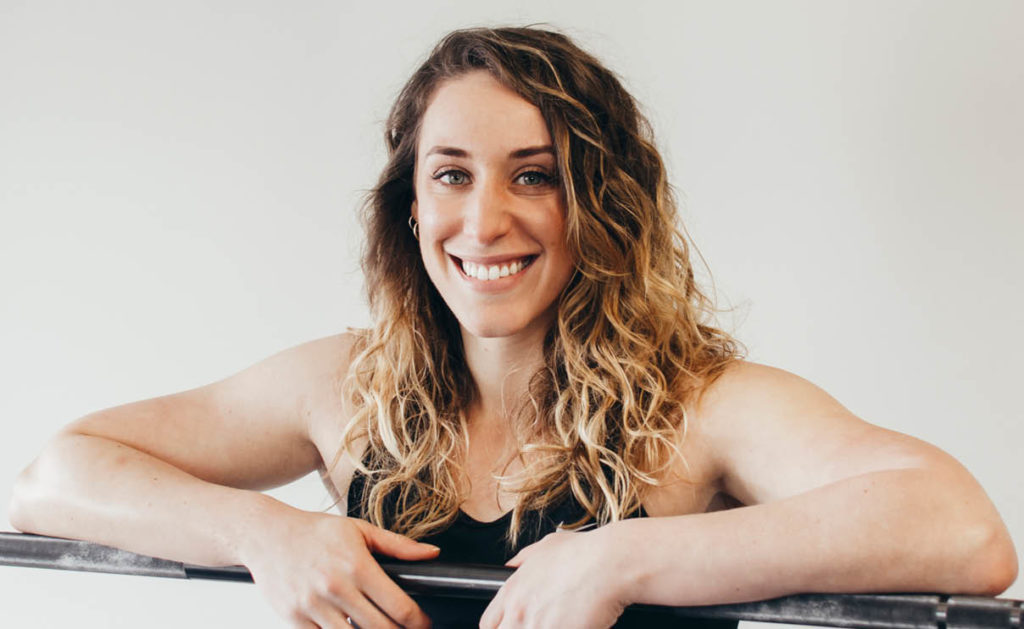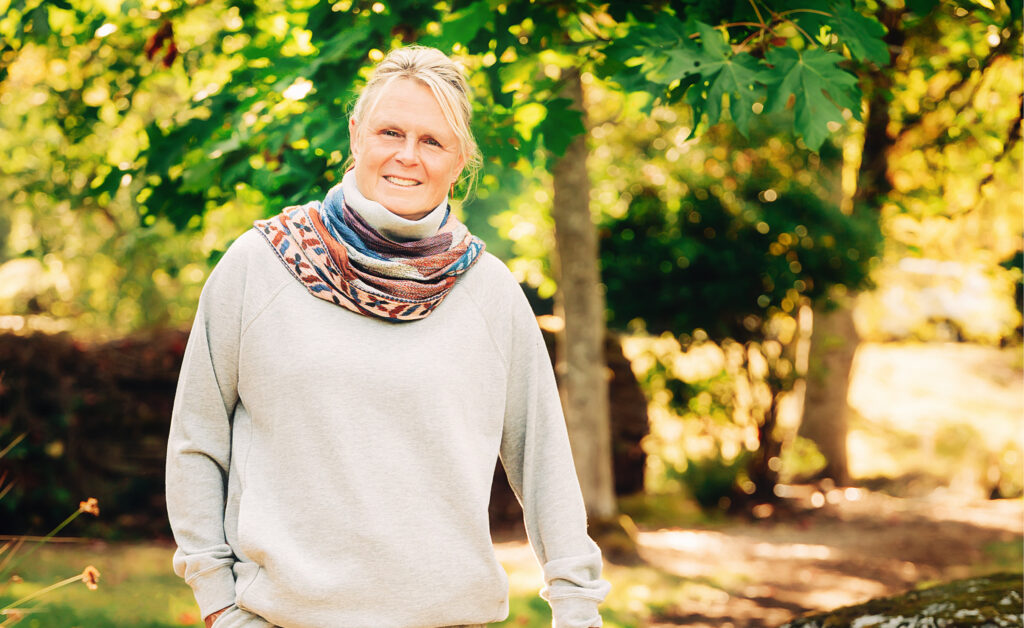by Melissa Nowak, MPowerment Fitness –
Another summer has come and gone, and we now step into a West Coast winter. Every year, my hope is that we get a little less rain and a little more sunshine. Alas, we cannot control the weather, yet we can control our attitude in how we approach this cold season. This year, it is especially important to keep our immunities strong, especially for seniors or at-risk groups.
This winter, we can make choices to boost our immune system and ward off unwanted sickness. Building a healthy immune system comes mostly from lifestyle choices. Specifically, in active seniors, white blood cell counts are higher than those who are sedentary. Thus, being fit and active literally boosts your immune system. For those who do get sick, there is a tendency to lose muscle mass. Therefore, the more muscle reserves you have, the better your chance of a quicker recovery.
Following various health guidelines can help protect against cold and flu season. Here are just a few ideas.
Sleep. Adults need an average of seven to nine hours of sleep each night in order to recover both mentally and physically from the day. Along with exercise, sleep should be at the top of your priority list.
Decrease alcohol intake. Drinking alcohol suppresses the immune system and it also has a big effect on sleep. If we aren’t sleeping well, our bodies do not get sufficient recovery. Aim to keep alcohol intake to a minimum.
Eat a variety of foods. A healthy immunity needs good and regular nourishment from a plethora of different foods; you want your plate to be colourful.
Don’t smoke, or aim to quit. Smoking leads to various respiratory diseases which decreases the body’s ability to ward off things like pneumonia and bronchitis.
Spend time outdoors and boost your vitamin D. Studies show Canadians are low in vitamin D, so the more we can get, the better. Vitamin D helps to reduce the risk of infections like colds and flus. A multivitamin or supplement can also help with this.
Self-care. Whatever it looks like to you, ensure you are carving out time for yourself, whether that’s winding down with a bath, journaling, reading a book or going for a walk.
Minimize stress. This can go hand-in-hand with self-care, but managing stress is very important. While it can be difficult to measure stress levels, as that can look different for everyone, checking in with your heart rate and blood pressure are good indicators.
Regardless of age, being fit should be top of mind, as people are four times as likely to end up in the ICU if they’re in the lowest quartile of fitness than in the highest group.
By choosing our lifestyle, we are proactively choosing how we age. Be an advocate for your own health and make choices that are going to benefit you long term.




